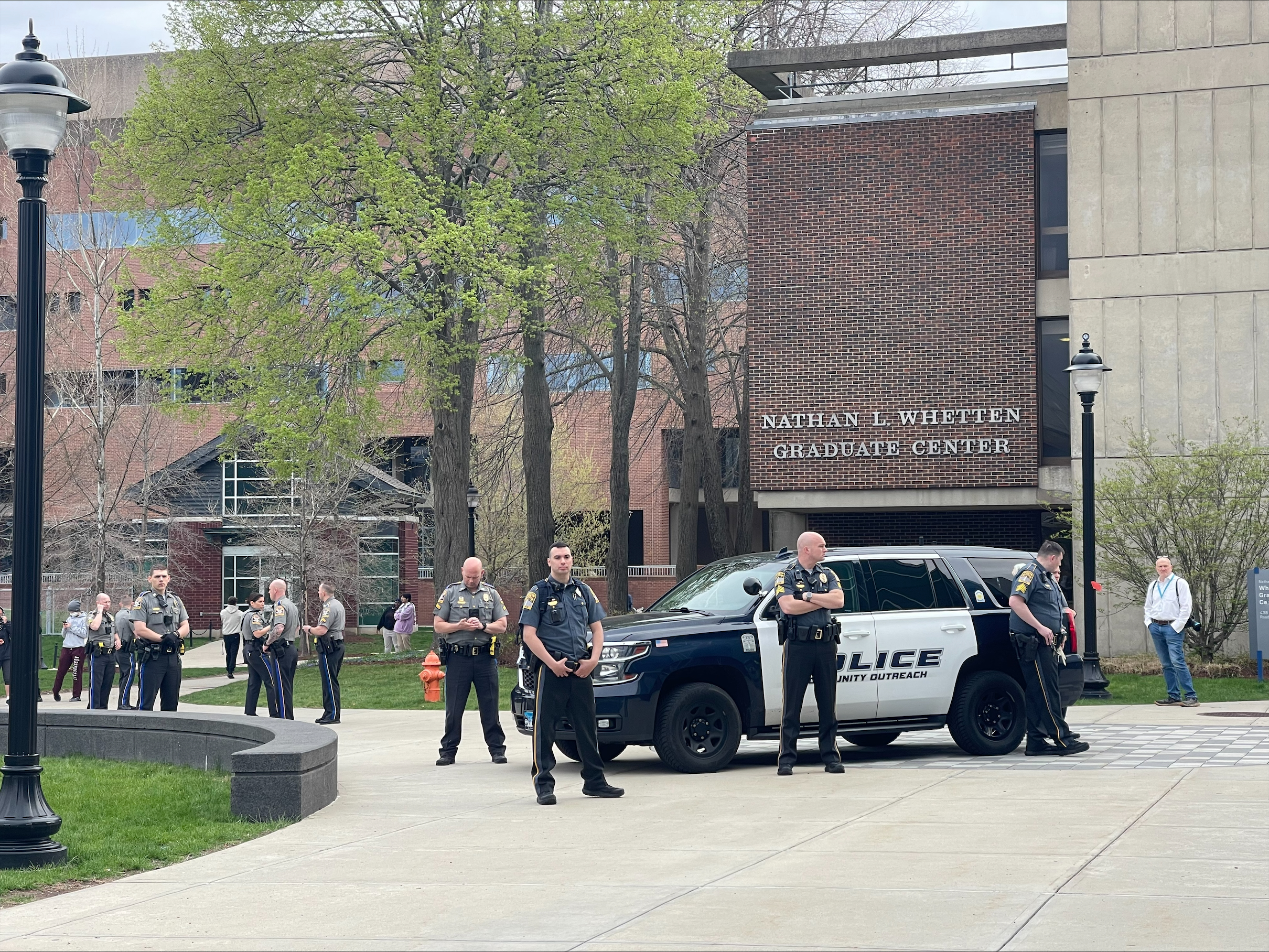Connecticut
The latest news from across the state
Connecticut's two federally recognized American Indian tribes voiced disappointment on Monday about a federal judge's ruling over the weekend that hinders their plans to open a new casino in East Windsor, but pledged to keep pushing for the project.
A spokesman for MMCT Venture, the entity created by the Mashantucket Pequots and Mohegans, said the tribes were reviewing their options in light of the ruling.
"We remain committed to both seeing this process through and to the people of Connecticut and our partners in state government," MMCT said in a written statement.
U.S. District Judge Rudolph Contreras, in a decision released Saturday, determined the state of Connecticut and the tribes do not have the legal standing to force federal regulators to approve changes to their revenue-sharing agreements. Connecticut and the tribes sued the U.S. Department of Interior and Secretary Ryan Zinke last fall for failing to act on the compact changes. It's a step that's needed before the new tribal casino, meant to compete with MGM Resorts' new Springfield, Massachusetts casino, can finally open.
Because the federal agency did not act on the compact amendments Democratic Gov. Dannel P. Malloy had reached with the tribes within 45 days of their submission, the lawsuit claimed the amendments should now be deemed as having been approved. But Contreras ruled that federal law and regulations don't require Zinke to act within 45 days.
MGM, which wants to build a casino in Bridgeport, called the ruling a "clear rejection of the tribes' insistent efforts to obtain a no-bid commercial casino license in Connecticut."
